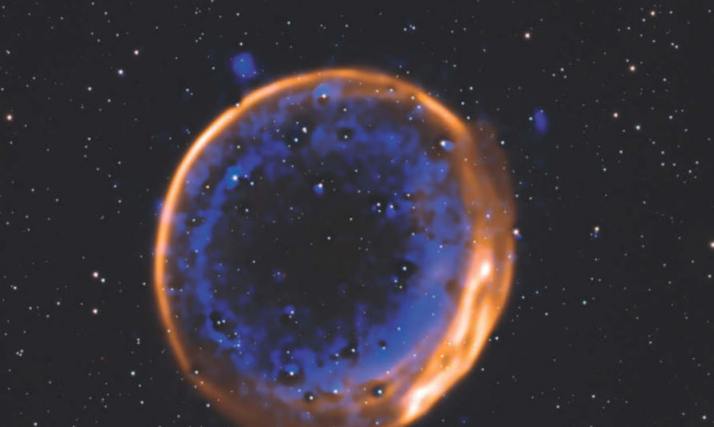You’ve likely heard that modern humans have some Neanderthal DNA, but direct evidence of first-generation hybrids has been incredibly rare. Now, a re-examination of a 140,000-year-old skull found in Israel suggests it may have belonged to a hybrid child of Neanderthal and Homo sapiens parents, potentially reshaping our understanding of ancient human interactions.
Table of Contents
🦴 A Skull of Contention
The skull in question was unearthed from Skhul cave on Mount Carmel way back in 1929. It belonged to a 5-year-old child and was found among other remains that were all assigned to Homo sapiens. However, the classification of this specific child’s skull has been debated for nearly a century, primarily because its jaw looks different from a typical Homo sapiens mandible.
🔬 A Mix of Features
Using modern CT scanning, a research team led by Anne Dambricourt Malassé compared the skull to those of other known Neanderthal children. They made a fascinating discovery: the mandible (the jaw) had distinct Neanderthal characteristics, while the rest of the skull was anatomically consistent with Homo sapiens. This combination of features strongly suggests the child was a hybrid whose parents were from two different species.
🤔 Redefining the First Burials
While definitive proof would require extracting DNA, which hasn’t yet been possible, this finding has major implications. The Skhul cave is considered the earliest known cemetery, a site of organized burials. If this child was a hybrid, it forces us to question whether this ritualized behavior came from Homo sapiens, Neanderthals, or from the interactions between the two groups. It suggests a world where our ancient relatives were not just coexisting, but connecting in the most profound ways.
—
Brown, Taylor Mitchell. “Child’s skull could be an ancient-human hybrid.” New Scientist, vol. 267, no. 3551, 12 July 2025, p. 10.
- Why Vacuum Energy is a Bigger Puzzle Than Dark Energy
- Could Hackers Use Your Home Solar Panels to Disrupt the Power Grid?
- Is Your Nighttime Light Exposure Increasing Your Risk of Heart Disease?
- Are Humans Naturally Cooperative or Inherently Selfish?
- Is Artificial Intelligence About to Revolutionize Mathematics?
- Could a Single Drug Injection Protect Us From All Flu Strains?
- What Happens When You Let an AI Agent Run Your Entire Day?
